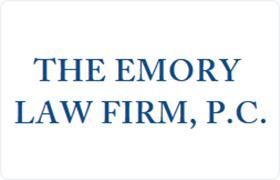Matthews Criminal Lawyer, North Carolina
Sponsored Law Firm
-
 x
x

Click For More Info:
-
The Emory Law Firm
11020 David Taylor Dr. Suite 102 Charlotte, NC 28262» view mapCriminal Defense Law Our People Make The Difference
We’re dedicated to ensuring that we take care of all of our clients, and that their legal needs are met and exceeded. We offer high-quality legal work and personal client service.
800-972-6341
Mark Anthony Burts
Criminal, Personal Injury, Car Accident
Status: In Good Standing Licensed: 9 Years
Onyema Agu Ezeh
Accident & Injury, Criminal, Divorce & Family Law, Immigration
Status: In Good Standing Licensed: 13 Years
Susan Ellen Poulos
Other, Lawsuit & Dispute, Estate, Criminal
Status: In Good Standing Licensed: 26 Years
Cynthia Miller Chaney
Divorce & Family Law, Criminal, Business
Status: In Good Standing Licensed: 22 Years
 C. Randolph Emory Charlotte, NC
C. Randolph Emory Charlotte, NC Practice AreasExpertise
Practice AreasExpertise
